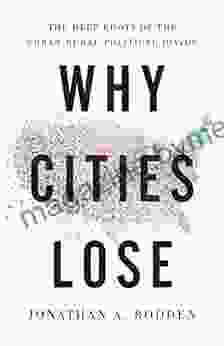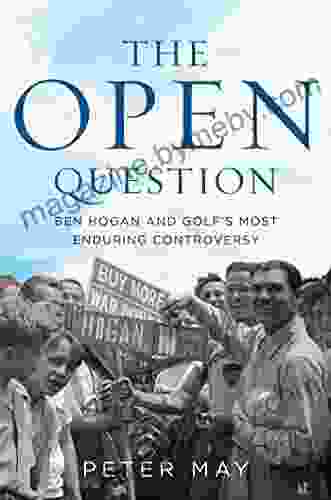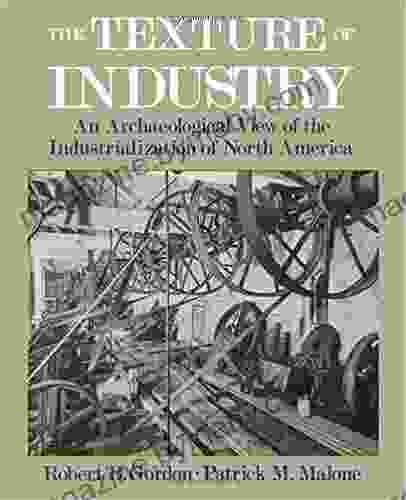Unveiling the Deep Roots of the Urban-Rural Political Divide: A Comprehensive Analysis

:
The urban-rural political divide, characterized by distinct differences in political attitudes and voting patterns between urban and rural communities, has become an increasingly prominent phenomenon in contemporary society. This divide has sparked significant debate and concern, as it has implications for policymaking, social cohesion, and political representation.
4.4 out of 5
| Language | : | English |
| File size | : | 35731 KB |
| Text-to-Speech | : | Enabled |
| Screen Reader | : | Supported |
| Enhanced typesetting | : | Enabled |
| Word Wise | : | Enabled |
| Print length | : | 337 pages |
In this comprehensive article, we delve into the deep roots of the urban-rural political divide, examining its historical origins, sociological factors, and psychological underpinnings. We aim to provide a thorough analysis that sheds light on the complex dynamics at play and informs efforts to bridge this divide.
Historical Origins:
The roots of the urban-rural political divide can be traced back to the earliest civilizations.
- Pre-Industrial Era: In pre-industrial societies, urban centers emerged as centers of trade, commerce, and intellectual exchange. Conversely, rural areas remained largely agrarian and isolated. This disparity in lifestyle and economic opportunities laid the foundation for differing worldviews and political orientations.
- Industrial Revolution: The Industrial Revolution accelerated the urban-rural divide. As factories and industries proliferated in cities, they attracted workers from rural areas, creating a vast urban working class. The concentration of labor in urban centers gave rise to labor movements and socialist ideologies, contrasting with the more conservative values of rural communities.
- Urban-Rural Migration: Throughout history, significant migration has occurred from rural to urban areas. This migration has not only influenced the demographic makeup of cities but also shaped political landscapes. Rural migrants often bring with them their traditional values and beliefs, further contributing to the political divide.
Sociological Factors:
Beyond historical origins, a range of sociological factors contribute to the urban-rural political divide:
- Population Density: Urban areas are characterized by high population densities, while rural areas are typically more sparsely populated. This difference in population density influences social interactions, with urban residents experiencing a greater sense of anonymity and diversity, while rural residents tend to have more close-knit communities.
- Education and Economic Status: Urban residents generally have higher levels of education and economic status than rural residents. This disparity in socioeconomic factors shapes political views, as higher education and income are often associated with more liberal and progressive ideologies.
- Employment Patterns: Urban economies are typically more diversified, with a mix of industries and professions. Rural economies, on the other hand, often rely heavily on agriculture or natural resource extraction. These different employment patterns influence political attitudes, with urban workers more likely to support policies that promote economic growth and social welfare.
Psychological Underpinnings:
In addition to historical and sociological factors, psychological mechanisms also play a role in shaping the urban-rural political divide:
- Social Identity Theory: Social identity theory posits that individuals define themselves in terms of the groups they belong to. Urban and rural residents often develop distinct social identities, leading to a sense of ingroup and outgroup bias. This bias can influence their political attitudes and voting behavior.
- Value Orientations: Urban and rural residents often hold different value orientations. Urban residents tend to value diversity, equality, and progress, while rural residents often prioritize tradition, stability, and individualism. These differing value orientations shape their policy preferences and political ideologies.
- Political Efficacy: Political efficacy refers to an individual's belief in their ability to influence the political process. Rural residents often experience lower levels of political efficacy due to factors such as geographic isolation and limited access to political institutions. This can result in lower voter turnout and decreased political engagement.
Consequences of the Divide:
The urban-rural political divide has significant consequences for society:
- Policymaking: The divide can hinder policymaking, as it makes it difficult to find policies that appeal to both urban and rural constituencies. This can lead to gridlock and a lack of progress on important issues.
- Social Cohesion: The divide can erode social cohesion, as urban and rural residents may feel increasingly alienated from each other. This can lead to resentment, conflict, and a lack of empathy between different communities.
- Political Representation: The divide can result in underrepresentation of rural interests in government. This can lead to policies that do not adequately address the needs of rural communities.
Bridging the Divide:
Bridging the urban-rural political divide is a complex challenge, but it is essential for a more equitable and harmonious society:
- Education and Outreach: Educational initiatives can help to dispel stereotypes and promote understanding between urban and rural residents. Outreach programs can connect people from different backgrounds and foster a sense of common purpose.
- Economic Development: Investing in rural economic development can help to reduce the economic disparity between urban and rural communities. This can create opportunities, improve living standards, and make rural areas more attractive places to live.
- Political Reform: Political reforms, such as ranked-choice voting or proportional representation, can help to ensure that rural voices are heard in government. These reforms can make political systems more inclusive and representative.
:
The urban-rural political divide is a complex phenomenon with deep historical, sociological, and psychological roots. Understanding the factors that contribute to this divide is essential for developing effective strategies to bridge it. By promoting education, investing in economic development, and implementing political reforms, we can work towards a more inclusive and equitable society where both urban and rural communities thrive.
4.4 out of 5
| Language | : | English |
| File size | : | 35731 KB |
| Text-to-Speech | : | Enabled |
| Screen Reader | : | Supported |
| Enhanced typesetting | : | Enabled |
| Word Wise | : | Enabled |
| Print length | : | 337 pages |
Do you want to contribute by writing guest posts on this blog?
Please contact us and send us a resume of previous articles that you have written.
 Book
Book Novel
Novel Page
Page Chapter
Chapter Text
Text Story
Story Genre
Genre Reader
Reader Library
Library Paperback
Paperback E-book
E-book Magazine
Magazine Newspaper
Newspaper Paragraph
Paragraph Sentence
Sentence Bookmark
Bookmark Shelf
Shelf Glossary
Glossary Bibliography
Bibliography Foreword
Foreword Preface
Preface Synopsis
Synopsis Annotation
Annotation Footnote
Footnote Manuscript
Manuscript Scroll
Scroll Codex
Codex Tome
Tome Bestseller
Bestseller Classics
Classics Library card
Library card Narrative
Narrative Biography
Biography Autobiography
Autobiography Memoir
Memoir Reference
Reference Encyclopedia
Encyclopedia Jon Tyson
Jon Tyson Julie Richmond
Julie Richmond Josh Lannon
Josh Lannon John Wesson
John Wesson Shahida Arabi Ma
Shahida Arabi Ma John Schreiner
John Schreiner Kieran Morgan
Kieran Morgan Joseph Berger
Joseph Berger Katherine Nichols
Katherine Nichols Josh Walker
Josh Walker Peter Boardman
Peter Boardman Ron Fournier
Ron Fournier John Seddon
John Seddon Zak Mt Standridge
Zak Mt Standridge Laura Coates
Laura Coates Umeko
Umeko Julian Curry
Julian Curry Jon Klassen
Jon Klassen Marlena Renee
Marlena Renee Nicolas Leonard
Nicolas Leonard
Light bulbAdvertise smarter! Our strategic ad space ensures maximum exposure. Reserve your spot today!
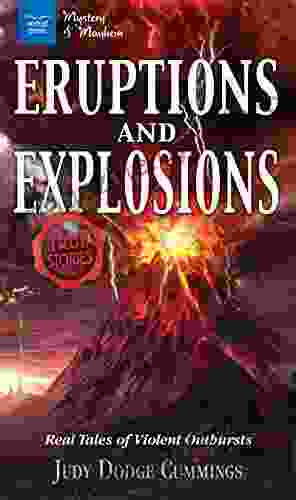
 Graham BlairReal Tales of Violent Outbursts, Mystery, and Mayhem: Unmasking the Shadow...
Graham BlairReal Tales of Violent Outbursts, Mystery, and Mayhem: Unmasking the Shadow...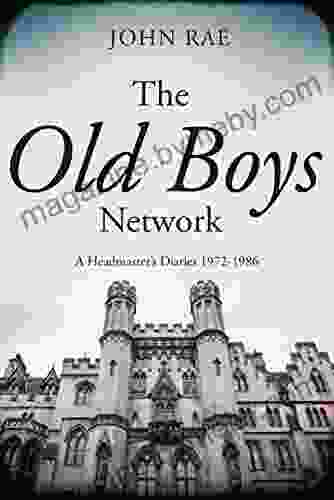
 Donovan CarterUnveiling the Secrets of Eton College: A Journey Through The Old Boys Network...
Donovan CarterUnveiling the Secrets of Eton College: A Journey Through The Old Boys Network...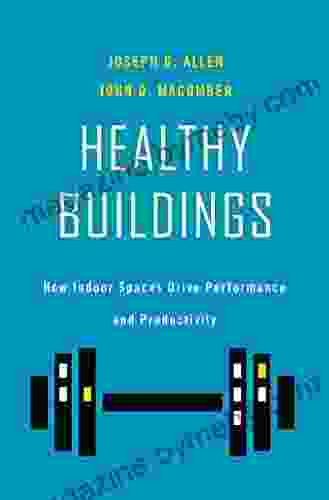
 Yasunari KawabataUnlocking the Hidden Potential: How Indoor Spaces Drive Performance and...
Yasunari KawabataUnlocking the Hidden Potential: How Indoor Spaces Drive Performance and... Bernard PowellFollow ·4.4k
Bernard PowellFollow ·4.4k Drew BellFollow ·6.9k
Drew BellFollow ·6.9k Yasushi InoueFollow ·5.8k
Yasushi InoueFollow ·5.8k Jan MitchellFollow ·3.4k
Jan MitchellFollow ·3.4k Thomas PowellFollow ·5k
Thomas PowellFollow ·5k Arthur MasonFollow ·18.3k
Arthur MasonFollow ·18.3k Anton ChekhovFollow ·6k
Anton ChekhovFollow ·6k Geoffrey BlairFollow ·8.6k
Geoffrey BlairFollow ·8.6k
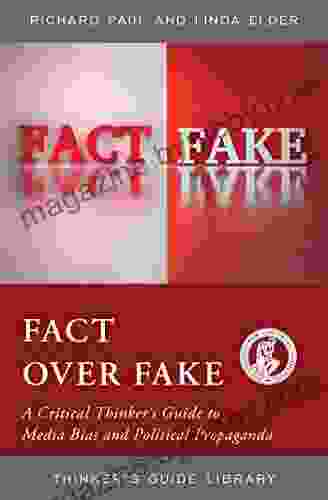
 Efrain Powell
Efrain PowellCritical Thinker's Guide to Media Bias and Political...
In a world awash with information, it has...
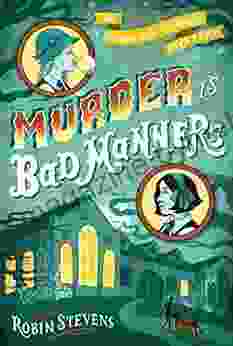
 Aubrey Blair
Aubrey BlairMurder Is Bad Manners: An Unforgettable English Mystery
Prepare yourself for a captivating literary...

 Luke Blair
Luke BlairDon't Settle For Safe: Embrace Adventure and Live a Life...
<p>In this inspiring and...

 W.H. Auden
W.H. AudenRoblox Codes Dragon Adventures King Legacy All Combat...
Roblox is a massively popular online game...
4.4 out of 5
| Language | : | English |
| File size | : | 35731 KB |
| Text-to-Speech | : | Enabled |
| Screen Reader | : | Supported |
| Enhanced typesetting | : | Enabled |
| Word Wise | : | Enabled |
| Print length | : | 337 pages |


